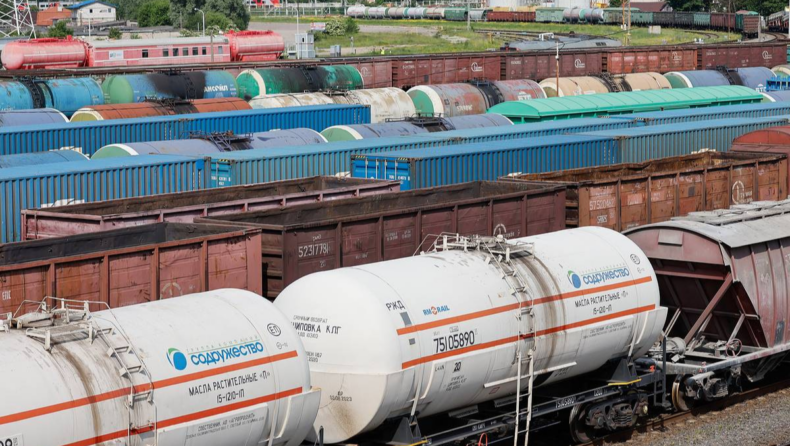The Baltic nation of Lithuania has lifted the ban imposed on Kaliningrad. Transport to resume soon.
In June, Lithuania imposed a ban on Russian goods going in and out of Kaliningrad but now it has reportedly lifted it. The European Union recently said that the transit prohibition did not include rail transport and that Lithuania should permit Russia to carry materials like concrete, wood, and alcohol into the exclave across EU territory.
The Kaliningrad ban
In response to the Russia-Ukraine war, Lithuania imposed a ban on the 618 km rail line that connects the region to the mainland. Lithuanians, however, insisted that the ban did not reflect the country’s policies but merely the principle of NATO’s treaty.
Kaliningrad is an exclave region of Russia which holds a population of about 1 million people. In other words, it is a part of the Russian territory that has other countries in its surroundings. However, the only way it stays connected to Russia is through the rail line which runs through Lithuania and Belarus.
Lithuania imposed the ban under EU-provided sanctions which included a list of construction materials (mostly). Coal, metal, concrete, etc. were part of that list. Naturally, Russia did not react well to the ban, which is termed an ‘illegal blockade’ and even threatened harsh measures. Nikolai Patrushev, the security council chief even warned that it will have, a “serious negative impact on the population of Lithuania”.
Moreover, Lithuania even had to suffer cyber-attacks from a Russian hacker group called Killnet. The organization had attacked the country’s public service system with the help of denial-of-service (DDOS) attacks.
The ban had a great deal of importance because it not only connected it to the mainland but it also holds a lot of commercial significance. As Kaliningrad hosts, Baltiysk, Russia’s only port city on the Baltic Sea is perennially ice-free. It is also the headquarters for Russia’s Baltic Sea Fleet. It would have hampered Russian commerce a great deal.
Lithuania lifts the ban
Lithuanian railways have said that they will resume the transport of goods and passengers. This announcement comes after the European council’s directive that the ban only includes road transport. “The transit of sanctioned goods by road with Russian operators is not allowed under the EU measures. No such similar prohibition exists for rail transport,” said the commission.

The Russian news agency, TASS reported that the railways will dispatch 60 wagons of cement soon. Russian RIA quoted Mantas Dubauskas, spokesperson for the railways, “It is possible that some goods will be transported today”
Both Lithuanian and Russian authorities differ in their estimates of the ban’s aftermath. While Moscow claims that it would have affected nearly half of the cargo, the Lithuanian authorities claim that it would have affected only 15 per cent since it accounts for only 1 per cent of the total Russian freight.
Now that the ban is lifted, it will certainly bring down an elevated possibility of a confrontation but the soured relations are not going to get sweeter anytime soon. The entire row with Kaliningrad drew all sorts of reactions from Russia which blamed everyone from NATO to the US. Under all these circumstances, one thing has become astutely clear, hostile forces surround Russia. Moreover, it is also not a stretch to assume that Lithuania might have just saved their territory from a direct confrontation with Russia as it had become the stand-off region between NATO and Russia.
Read more- Iran and Russia strike an energy deal as the isolation from Europe intensifies.













